A three-day global information communication technologies conference, “Digital Divide and Knowledge Economy: Problems and Solutions”, started at the Gulustan Palace of Baku on Thursday
Published:
28 November 2004 y., Sunday
A three-day global information communication technologies conference, “Digital Divide and Knowledge Economy: Problems and Solutions”, started at the Gulustan Palace of Baku on Thursday.
About 70 representatives from 30 countries are participating in the event.
Deputy Prime Minister Abid Sharifov, addressing the opening ceremony, read out a letter of congratulation from President Ilham Aliyev, after which Minister of Communications and Information Technologies Ali Abbasov spoke of the importance of the event.
Abbasov noted that about half of the telephone communication system in Azerbaijan is digital and that currently there are 15-18 computers per 1,000 people in the country, and 5% of people in the country use the Internet. These figures are below international levels, he said.
General Secretary of the International Telecommunication Union Yoshio Utsumi said the objective of the conference is to examine achievements of the state and private sectors in the ICT field, address problems related to the digital divide, issues related to creating a single world information society and study the experience of many countries, including Azerbaijan, in applying information technologies.
Šaltinis:
bakutoday.net
Copying, publishing, announcing any information from the News.lt portal without written permission of News.lt editorial office is prohibited.
The most popular articles

The European Commission announced today the award of three of the six contracts for the procurement of Galileo’s initial operational capability.
more »
 Mobile phone giant Nokia is enlisting Britain’s young entrepreneurs to build new businesses using its career services app, JobLens. Launched in June, JobLens is a Windows Phone 8 app that helps users search for jobs in their local area.
more »
Mobile phone giant Nokia is enlisting Britain’s young entrepreneurs to build new businesses using its career services app, JobLens. Launched in June, JobLens is a Windows Phone 8 app that helps users search for jobs in their local area.
more »
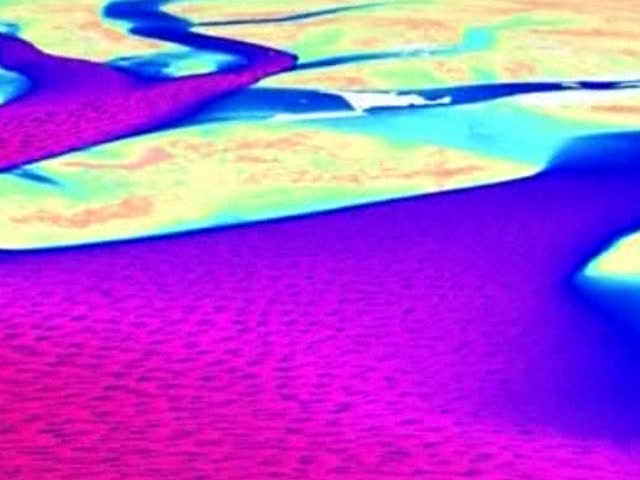 A new map of Antarctica illustrates for the first time how ice moves across the continent.
more »
A new map of Antarctica illustrates for the first time how ice moves across the continent.
more »
 The US Department of Defense's innovations arm, known as DARPA, has released test-flight video of its experimental hypersonic aircraft travelling at a speed of Mach 20, about 13,000 miles per hour.
more »
The US Department of Defense's innovations arm, known as DARPA, has released test-flight video of its experimental hypersonic aircraft travelling at a speed of Mach 20, about 13,000 miles per hour.
more »
 New Zealand scientists have developed a designed to reduce the number of bird strikes at airports.
more »
New Zealand scientists have developed a designed to reduce the number of bird strikes at airports.
more »
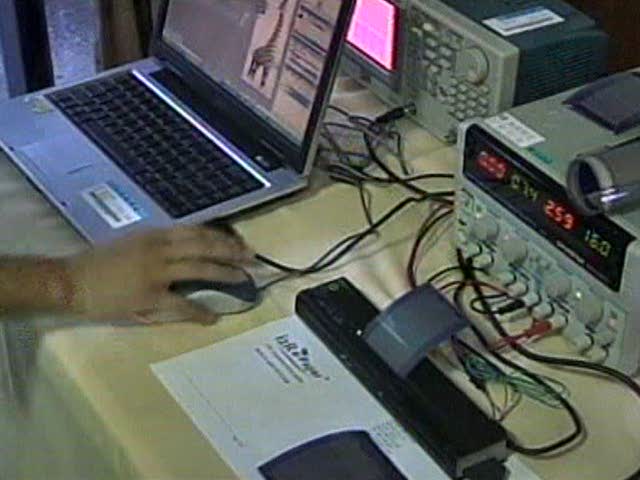 Taiwanese researchers are taking recycling to a new level with "i2r e-Paper", a rewritable electronic paper that can be re-used up to 260 times. The developers say their e-paper will soon replace the conventional paper used for signs and posters.
more »
Taiwanese researchers are taking recycling to a new level with "i2r e-Paper", a rewritable electronic paper that can be re-used up to 260 times. The developers say their e-paper will soon replace the conventional paper used for signs and posters.
more »
 Wireless car technology promises charge-free future for motorists
While electric-powered cars are rapidly gaining momentum as a viable alternative to conventional petrol-driven vehicles, there are now moves afoot to produce cars that can be charged wirelessly. The technology behind wireless electric cars could herald an idyllic future for motorists in which they can drive as far as they like without ever worrying about recharging.
more »
Wireless car technology promises charge-free future for motorists
While electric-powered cars are rapidly gaining momentum as a viable alternative to conventional petrol-driven vehicles, there are now moves afoot to produce cars that can be charged wirelessly. The technology behind wireless electric cars could herald an idyllic future for motorists in which they can drive as far as they like without ever worrying about recharging.
more »
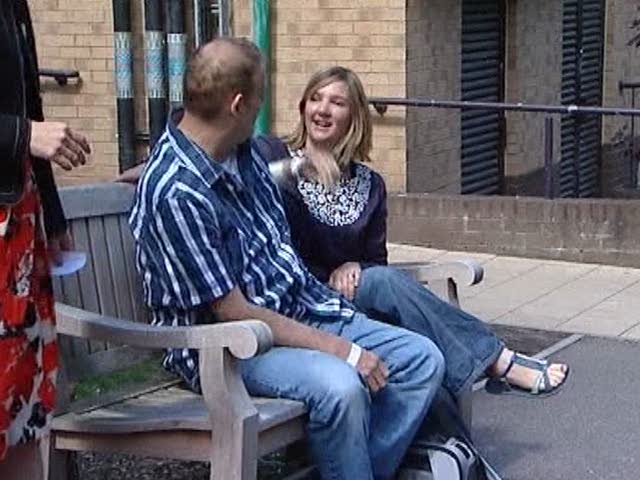 A British man is preparing to leave hospital after pioneering surgery to install an artificial heart implant. The implant is powered by a portable driver worn in a shoulder bag and is designed to keep Matthew Green alive while he waits for a heart transplant.
more »
A British man is preparing to leave hospital after pioneering surgery to install an artificial heart implant. The implant is powered by a portable driver worn in a shoulder bag and is designed to keep Matthew Green alive while he waits for a heart transplant.
more »
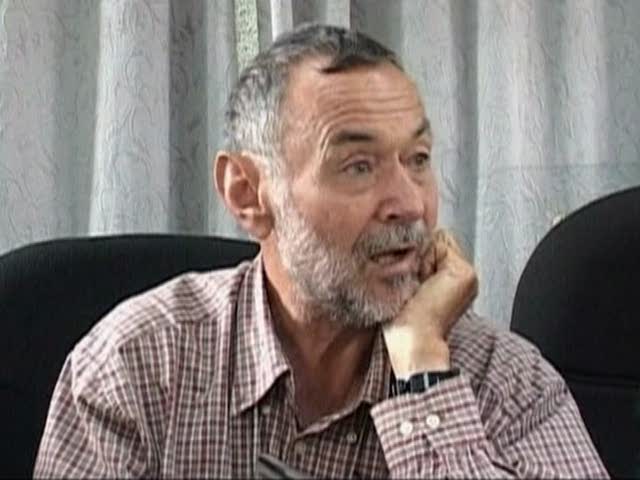 A twenty million year-old fossil, thought to be from a distant cousin of modern apes, is discovered in Uganda.
more »
A twenty million year-old fossil, thought to be from a distant cousin of modern apes, is discovered in Uganda.
more »
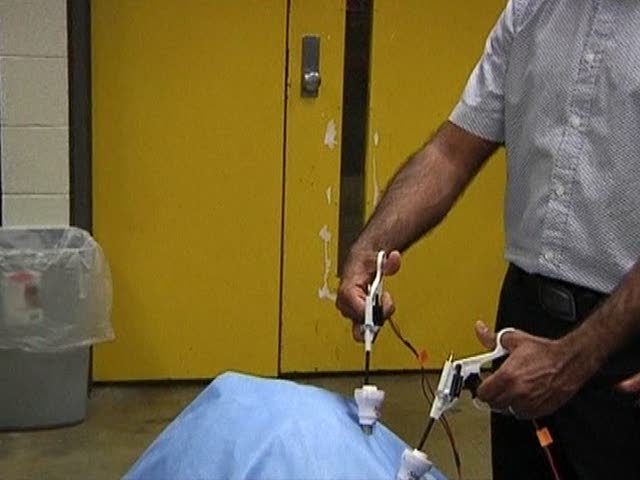 Forget scrubbing up, a new virtual surgery simulator uses the latest computer technology to train surgeons for laproscopic surgery, dramatically decreasing the need for practice on human patients.
more »
Forget scrubbing up, a new virtual surgery simulator uses the latest computer technology to train surgeons for laproscopic surgery, dramatically decreasing the need for practice on human patients.
more »
 A group of British scientists have expressed concerns that experiments on primates could give rise to a 'Planet of the Apes' type scenario.
more »
A group of British scientists have expressed concerns that experiments on primates could give rise to a 'Planet of the Apes' type scenario.
more »